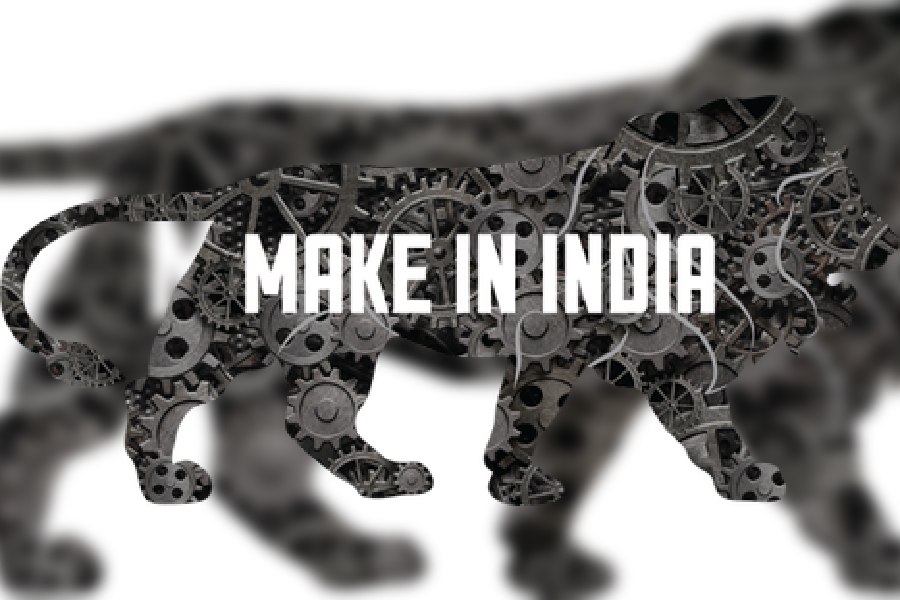At least 38 international electronics companies have applied to India’s incentive programme to make laptops, tablets and servers in the country, IT minister Ashwini Vaishnaw said on Wednesday, weeks after the government announced restrictions on laptop imports.
Prime Minister Narendra Modi’s government is pushing to boost domestic manufacturing capacity under its “Make in India” initiative, with several global companies either setting up their own units or entering joint ventures with Indian firms.
The applications by the electronics companies were made under the country’s Rs 17,000 crore production-linked incentive (PLI) programme for information technology hardware, announced in May.
Big names such as Foxconn Group, HP, Dell and Lenovo, have applied to manufacture laptops, PCs and servers, Vaishnaw said on Wednesday.
Others who have thrown their hat into the ring include Flextronics, Dixon, Acer, Thompson, VVDN, HP Enterprises and Asus, Vaishnaw said terming the response from companies as “fabulous”. Cupertino, California-based Apple has, however, not applied so far.
PLI for IT hardware covers laptops, tablets, all-in-one PCs, servers and ultra-small form factor devices.
“India is emerging as a trusted supply chain partner and value added partner...companies are happy to come to India for manufacturing and design work,” the minister said at a media briefing.
The budgetary outlay of the PLI scheme for IT hardware is Rs 17,000 crore, with six-year tenure. The expected incremental production under the scheme is pegged at Rs 3.35 lakh crore, and the incremental investment is Rs 2,430 crore, and the scheme is seen generating 75,000 direct jobs, and potential for indirect employment is three times that.
Vaishnaw said companies such as HP, Dell, Lenovo, Thompson, Acer, and Asus will be manufacturing laptops under the scheme. Whereas, HP, VVDN, Lenovo will be manufacturing servers.
Three very large manufacturing facilities are also expected to be set up, which will not only cater to India but will also look at exports. He said the potential of localisation can be up to 75 per cent through this.
Earlier this month, India said it would impose a licensing requirement for imports of laptops, tablets and personal computers, which was widely seen as a move to boost local production. The PLI scheme, introduced in late 2020, is Prime Minister Narendra Modi’s main industrial policy to boost manufacturing.
The government has so far announced incentives for 14 sectors including electronics and technology products, pharmaceutical drugs, and drones, among others, drawing investments totalling Rs 62,500 crore until March 2023.
Investments under the PLI scheme are expected to rise further to Rs 2.74 lakh crore as it runs its course, according to government estimates.










